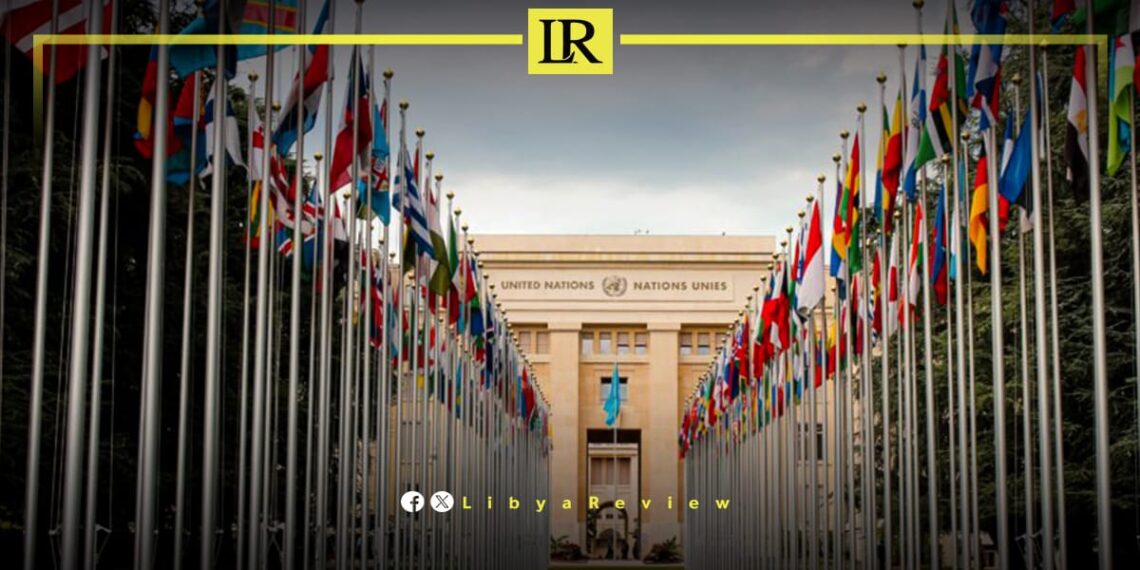The UN Security Council has called on Libyan political institutions to resolve outstanding political disputes related to elections as soon as possible. During a vote on a resolution to extend the United Nations mission in Libya, the Council emphasised the need for full, transparent participation without preconditions, and for necessary compromises to advance negotiations facilitated by the UN mission.
The resolution aims to enable the conduct of free, fair, transparent, and inclusive national presidential and parliamentary elections at the earliest opportunity.
The Council underscored the importance of conducting elections based on feasible electoral laws to form a unified Libyan government capable of governing across the entire nation.
Additionally, the Security Council appealed for steps towards reunifying Libya’s political, economic, military, and security institutions and protecting the independence of the judiciary.
The Council also welcomed the technical support provided by the United Nations to Libya’s High National Elections Commission.
It encouraged continued support to enable the commission to conduct comprehensive presidential, parliamentary, and local elections across Libya.
Libya has been in chaos since a NATO-backed uprising toppled longtime leader Muammar Gaddafi in 2011. The county has for years been split between rival administrations.
Libya’s economy, heavily reliant on oil, has suffered due to the ongoing conflict. The instability has led to fluctuations in oil production and prices, impacting the global oil market and Libya’s economy.
The conflict has led to a significant humanitarian crisis in Libya, with thousands of people killed, and many more displaced. Migrants and refugees using Libya as a transit point to Europe have also faced dire conditions.
The planned elections for December 2021 were delayed due to disagreements over election laws and the eligibility of certain candidates. This delay has raised concerns about the feasibility of a peaceful political transition.
Despite the ceasefire, security remains a significant concern with sporadic fighting and the presence of mercenaries and foreign fighters. The unification of the military and the removal of foreign forces are crucial challenges.


